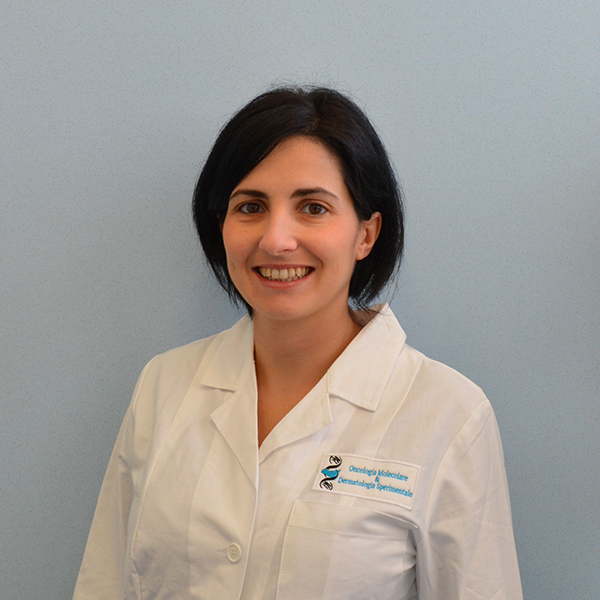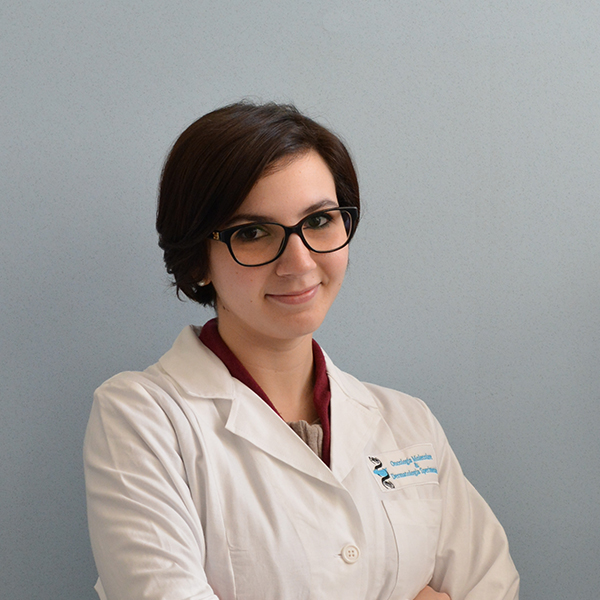 The dott. Miriam Gaggianesi selected for the scholarship award “Fondazione Carlo Chianello 2018”
The dott. Miriam Gaggianesi selected for the scholarship award “Fondazione Carlo Chianello 2018”
Colon Cancer
Dr. Aurora Chinnici winner of the AIRC scholarship for the year 2019, in the Fellowship AIRC one-year fellowship “Emanuela Brancati”
 Dr. Aurora Chinnici winner of the AIRC scholarship for the year 2019, in the Fellowship AIRC one-year fellowship “Emanuela Brancati”
Dr. Aurora Chinnici winner of the AIRC scholarship for the year 2019, in the Fellowship AIRC one-year fellowship “Emanuela Brancati”
List available here:
https://www.airc.it/fondazione/cosa-facciamo/cosa-finanziamo/borse-di-studio-per-litalia
The dott. Simone Di Franco selected for the scholarship award “Fondazione Carlo Chianello 2018”
Simone Di Franco, PhD Research Fellow at the Laboratory of Cellular and Molecular Physiopathology at Di.Chir.On.S., was selected for the “Fondazione Carlo Chianello 2018” scholarship, awarded to the most deserving young researchers in the field of clinical and experimental oncology (Announcement of 08-10-2018, prot. n ° 75240). The research activity proposed by Dr. Di Franco will take place within the Laboratory of Cellular and Molecular Physiopathology, directed by Prof. Giorgio Stassi, and will address the theme of “the role of adipose tissue in the progression of colorectal cancer”.
A new collaboration has been established between the University of Palermo and the National Institutes of Health (NIH)
A new collaboration has been established between the Laboratory of Cellular and Molecular Oncology, headed by Prof. Giorgio Stassi, at the Department of Surgical, Oncological and Oral Sciences (DICHIRONS), University of Palermo and the National Institutes of Health (NIH), Bethesda, Maryland, USA. The strenght of this scientific collaboration between DICHIRONS and the NIH is confirmed by the following points:
- Published papers in collaboration with Dr. Ettore Appella, Chief of Chemical Immunology Section, Laboratory of Cell Biology, National Cancer Institute (NCI), and Dr. Carol J. Thiele, Deputy Director of Center for Cancer Research and Deputy Chief of the Pediatric Oncology Branch, at NIH.
- DICHIRONS is provided with a “Special Volunteer” agreement with the NIH in the years 2016-2018.
- Expertise in TP53, stem cell biology and molecular oncology fields is integrated in these two laboratories.
The outcome of the ongoing cooperation is a scientific project based on the role of TP53 in cancer stem cells freshly isolated from patients affected by colorectal cancer (CRC). This project is aimed to develop novel therapies as a precision medicine approach in the oncology field.
[pdf-embedder url=”http://www.cmol.it/wp-content/uploads/2018/10/SPV-Agreement.pdf” title=”SPV Agreement”]AIRC scholarship assigned to a young graduate
Dr Pier Giuseppe Torrani, President of the Italian Association for Cancer Research has announced the renewal, for the third consecutive year, of an AIRC scholarship for the year 2018 to Dr Alice Turdo. The Doctor carries out her research activity in the Cellular and Molecular Oncology Laboratory of the University of Palermo directed by Prof Giorgio Stassi, professor of “Surgical, Oncological and Stomatological Disciplines”.
“It is a great pride for me to be able to carry out this research activity at our University – says Alice Turdo – who is giving me the opportunity to deepen our study in oncology, which is a research field of great interest for public health”.
The Rector Fabrizio Micari congratulated the new scholarship holder. “Having known about the important award that was once again conferred – states the rector – I formulate my best wishes for the excellent result achieved”.
Source Unipa.it
Breast cancer: IL-4 identikit, the molecule that promotes metastasis
An all-Italian study shows that interleukin-4 produced by tumor cells and cells in the surrounding microenvironment favors the progression of breast cancer, paving the way for new therapeutic developments.
In oncological research it can happen that some results, in addition to being relevant in themselves, open the way to new lines of investigation that help to clarify the biology of the tumor. The group of Prof Matilde Todaro of the University of Palermo, has observed that several tumors are characterized by high concentrations of a molecule of the immune system called interleukin-4 (IL-4). The observation is the basis of a recent study that showed how, in breast cancer, IL-4 is essential for the development of metastases and resistance to anti-cancer therapies.
First, the researchers found higher concentrations of IL-4 in triple negative breast tumors, which are more aggressive and tend to give metastases. A long series of experiments in isolated cells and with laboratory animals has allowed to define the molecular mechanisms that lead this molecule to promote tumor progression. “IL-4 – explains Todaro – works by activating the transcription factor NF-kB, which in turn inhibits the DUSP-4 molecule”. In practice all this translates into a “push” favorable to the tumor. To confirm their hypothesis, the researchers conducted other experiments with laboratory animals, demonstrating that if the concentration of DUSP-4 is lowered it is possible to transform non-metastatic tumors into metastatic tumors and vice versa.
These results, obtained thanks to the fundamental support of AIRC and published in the journal Cancer Research, are significant for two reasons. Firstly, they underline once again the importance of the microenvironment for the progression of the tumor. “The IL-4 is in fact produced both by the tumor cells and by the cells present in the tumor microenvironment, for example by the cells of the adipose tissue. This discovery, therefore, reinforces the link already known between obesity and breast cancer, “explains Todaro. Secondly, it opens up a new therapeutic perspective. “There are already NF-kB inhibitors that could be tested in breast tumors that have elevated IL-4 concentrations: this could be the case if the risk of metastasis is reduced”.
Source Airc.it
